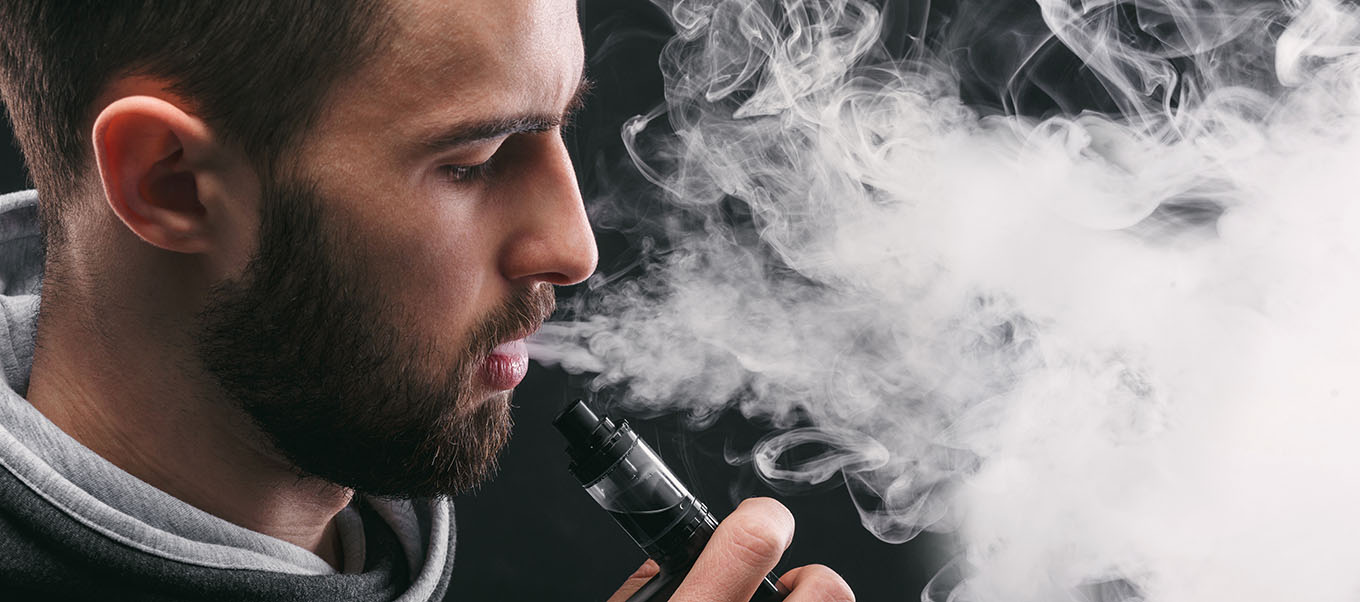In an increasingly interconnected world where security camera installation markham are paramount, the role of security cameras cannot be overstated. These unblinking sentinels have become ubiquitous in both public and private spaces, offering a critical layer of protection and monitoring. From deterring crime to enhancing safety protocols, security cameras play a pivotal role in modern security infrastructure.
Deterrence and Prevention
One of the primary functions of security cameras is deterrence. The presence of visible cameras acts as a powerful deterrent against criminal activity. Potential wrongdoers are less likely to commit offenses when they know they are being monitored. This preventive effect extends beyond crime to include behaviors like vandalism, trespassing, and other forms of misconduct. Thus, security cameras serve as a proactive measure in maintaining order and safety.
Monitoring and Surveillance
Beyond deterrence, security cameras provide continuous monitoring and surveillance. In both public spaces such as city streets, parks, and transportation hubs, as well as private locations like businesses, homes, and schools, cameras enable real-time observation of activities. This capability allows authorities to respond promptly to incidents, investigate suspicious behavior, and gather evidence crucial for law enforcement purposes.
Crime Investigation and Evidence
In the unfortunate event of a crime, security cameras often serve as invaluable tools for investigations. Recorded footage can provide crucial evidence to identify perpetrators, establish timelines, and reconstruct events accurately. This evidential support not only aids in apprehending criminals but also strengthens the case for prosecution. Moreover, in civil disputes or incidents requiring liability assessment, camera footage can provide an unbiased account of events.
Enhancing Public Safety
In public spaces, security cameras contribute significantly to enhancing public safety. They can monitor crowds during events, ensure traffic safety at intersections, and assist in emergency response coordination. For instance, surveillance systems integrated with facial recognition or license plate recognition technologies can help authorities quickly locate missing persons or track suspicious vehicles, thereby bolstering overall public safety efforts.
Privacy and Ethical Considerations
While security cameras offer undeniable benefits, their widespread deployment raises important privacy and ethical considerations. Striking a balance between public safety and individual privacy rights is crucial. Responsible deployment includes clear policies on camera use, data storage, and access control to mitigate potential misuse or infringement of privacy.
Technological Advancements
Advancements in technology continue to transform security camera capabilities. High-definition imaging, night vision, wide-angle lenses, and remote monitoring via the internet or mobile devices have become standard features. Furthermore, the integration of artificial intelligence (AI) enables advanced functionalities such as automated threat detection, behavior analysis, and predictive analytics, enhancing the efficiency and effectiveness of surveillance systems.
Future Trends
Looking ahead, the future of security cameras promises further innovation. Developments in AI, machine learning, and sensor technologies will likely lead to smarter, more adaptive surveillance systems. Increased connectivity through the Internet of Things (IoT) will enable seamless integration with other security devices and systems, creating comprehensive security ecosystems.
Conclusion
Security cameras are indispensable tools in today’s security landscape, providing deterrence, monitoring, and crucial evidence for investigations. As technology evolves, so too will the capabilities and applications of these surveillance systems, ensuring they remain effective in safeguarding both public and private spaces. However, it is essential to address privacy concerns and ethical considerations to maintain a balance between security needs and individual rights. Ultimately, the responsible use of security cameras contributes significantly to enhancing safety and security in our communities.


